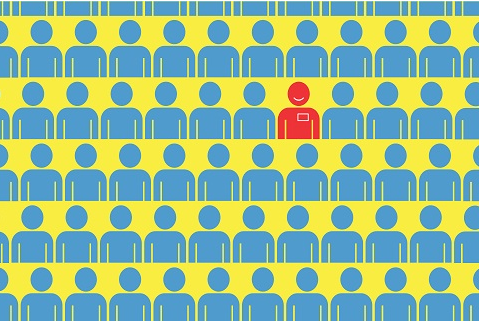Recruitment firms can optimise the use of AI.
Technology in recruitment is nothing new; it’s been making the lives of recruiters easier for nearly as long as we can remember now – reducing the administrative burden, improving the candidate experience, widening the talent pool and increasing compliance.
But if we look at the role of a skilled recruiter, could it really ever be fully automated? The human touches, building a relationship on a personal level and the sharing of thoughts and feelings that go with that. Can all the advantages of AI ever outweigh the need for a human element?
As we head further into a digital world, we are integrating technology more and more into our daily lives – both at work and at home. People, on the whole, feel more and more at ease interacting in this way, but does that comfort extend to something as nuanced and emotive as their job hunt?
After all, AI isn’t able to have those deeper conversations – the ones about aspirations, career goals and passions – which cannot be expressed on a CV.
Recruitment, particularly in the current ever-changing landscape we find ourselves in right now, is tricky for many employers. Employers are struggling to find the talent they need to fill gaps within their businesses. Ideal reported that the average recruiter spends an estimated 23 hours screening applications for a single hire.
It is times like these where AI is perhaps most valuable; AI can sift through thousands of CVs in seconds to identify which is the best match against your defined criteria, ultimately speeding up the time to hire. Along with this, AI can reduce human bias and the burden of administrative tasks.
A survey by LinkedIn found that:
- 67% of companies save time when recruiting candidates because of AI;
- 43% of companies believe AI removes human bias; and.
- 31% believe AI delivers the best-matched candidates.
AI works on defined data patterns; humans don’t always fit into this mould – we’re unpredictable and unique. No two individuals’ career journeys are ever the same, and in many cases, they don’t follow a linear pattern. The risk of over-automating is that those who want to change careers, change sectors or take a step back are overlooked, and businesses lose out on what could be valuable talent.
This highlights the fact that AI is only as good as the data it’s given. There is no human judgement or strategic thinking behind any of the decisions made; for example, AI cannot look beyond the problem it is faced with to come up with solutions that meet the long-term objectives of the business.
Plus, technology fails – we’ve all been there when a piece of technology you rely on goes down. It can bring everything to a standstill. For recruiters in some industries, hours matter! If there’s no manual fall back, this could be damaging for businesses. We’ve all experienced the pitfalls of technology too – whilst autocorrect is a great concept, it doesn’t get it right 100% of the time. The same certainly goes for AI.
In conclusion
I think there’s no doubt that AI will continue to reshape working practices across all sectors, and recruitment is no exception. You could argue that human emotion and judgement will always be needed to make the final decisions in ensuring the candidate is the right fit for the role and company environment.
With the time saved in the early stages of the recruitment process, recruiters are able to spend more time in the latter stages, perfecting interview questions and the selection process. If you’re able to harness and use the power of AI in such a way it complements the human abilities of your skilled recruiters, it’s a match made in recruitment heaven.
Mandy Watson is the Managing Director of recruitment specialists, Ambitions Personnel in Lincoln, UK.









